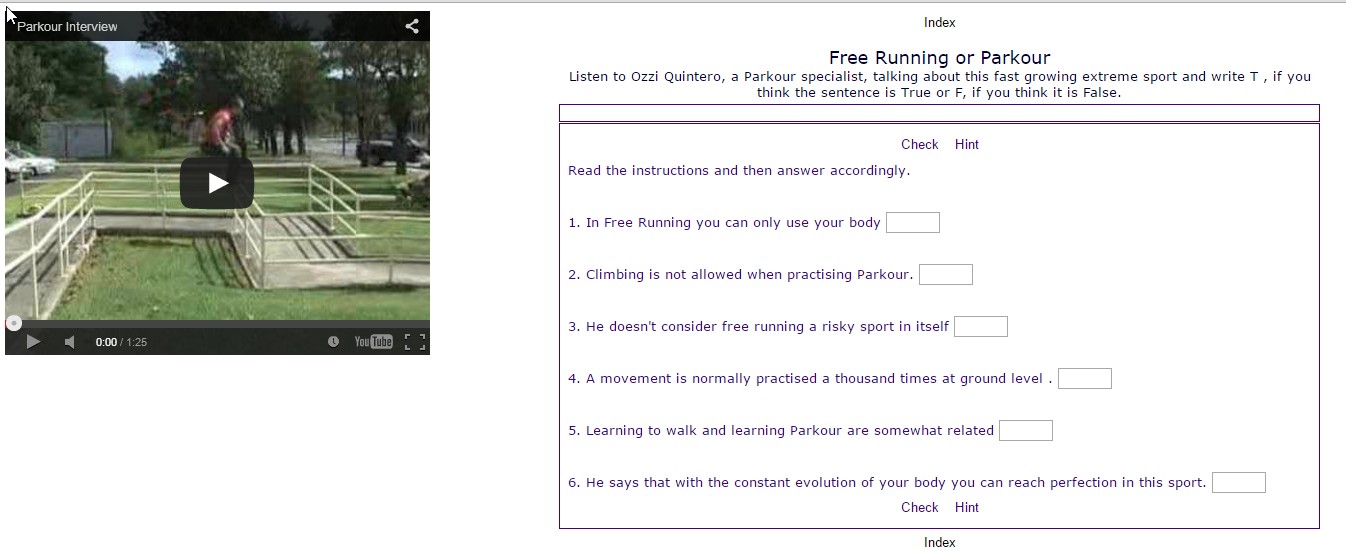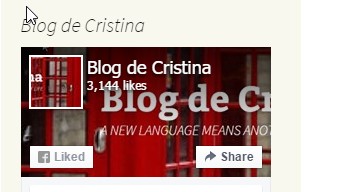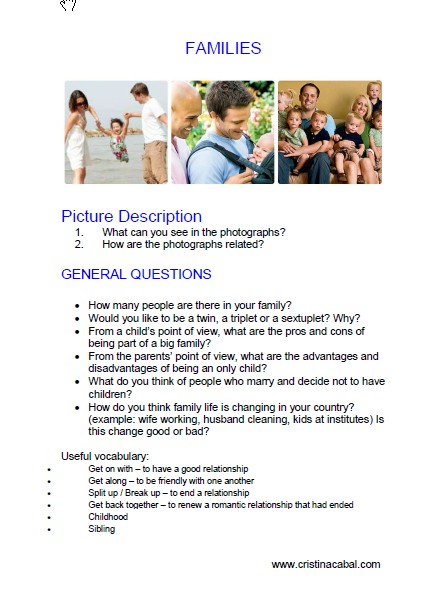Everybody knows that one of the best ways to acquire new vocabulary is by reading, but what do you normally do? Do you look up new words as you come across them while you’re reading, do you write them down to look them up later when you put down your book,or do you just skip them and try to infer their meanings?
If you should ask me, most of the times I try to work out the meaning of words. I try to figure out what the words mean by looking at the context. However, I have to admit, that when I am reading on my iPad I find myself looking up words much more often than when I am reading a book or something on the Internet, and this is thanks to the built in dictionary that makes things easier and even fun; I sometimes play against myself trying to guess the meaning of a word and then checking in the dictionary.
We could say that Lingro works like a built in dictionary, too. Lingro is an amazing free website that can facilitate a lot the reading process.
How does it work?
- Enter the website address to make all the words on the page clickable
- Click on any word to see its definition in English or in any other 11 languages
- Register if you want create and categorize word lists and play flashcard games
- It’s free. Registering is optional











